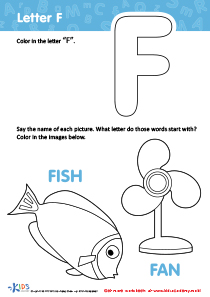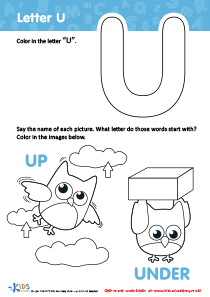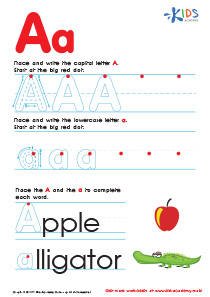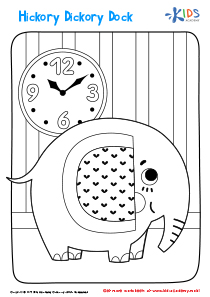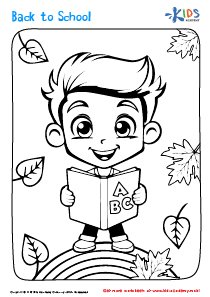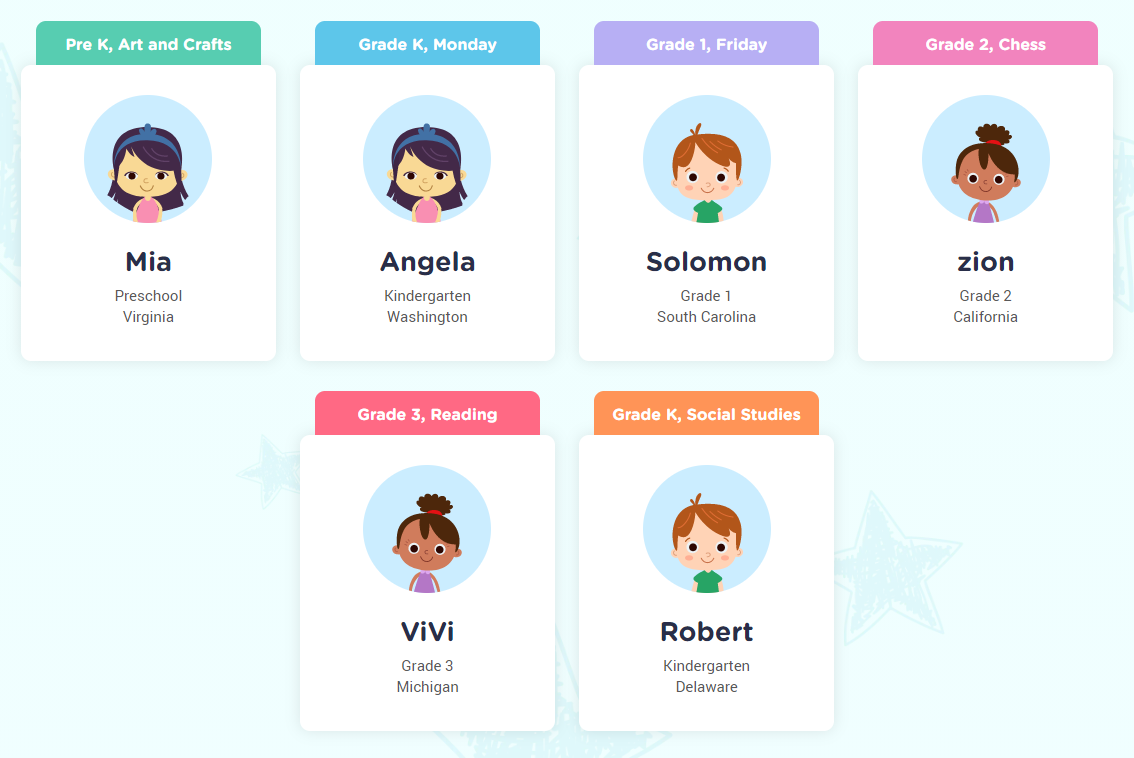Other Parts of Speech Quizzes for Ages 7-8
9 results
9 filtered results
Clear all filters9 filtered results
-
From - To
Unlock the world of words with our captivating interactive assessment quizzes designed specifically for children Ages 7-8! Dive into the fascinating realm of "Other Parts of Speech" and explore beyond the basics with fun, engaging challenges that not only test knowledge but also provide immediate, constructive feedback. Tailored to spark curiosity and reinforce learning, these quizzes turn grammar discovery into an adventure. Perfect for young learners eager to expand their linguistic skills, our quizzes make mastering the intricacies of "Other Parts of Speech" an exciting journey. Start your child on the path to grammar mastery today!
Interactive quizzes on "Other Parts of Speech for Ages 7-8" serve as a vibrant and engaging tool for young learners embarking on their journey through the intricacies of language. In the foundational years of education, grasping the fundamental elements of grammar, such as nouns, verbs, adjectives, and beyond, is crucial. These quizzes are meticulously designed to cater to the curiosity and learning pace of children aged 7 to 8, making the exploration of language both fun and enlightening.
Understanding the other parts of speech, which include adverbs, prepositions, conjunctions, and interjections, alongside the basics, is pivotal for children. It enables them to form more complex sentences and enhances their reading comprehension skills. However, traditional methods of teaching can sometimes fail to capture the attention of young minds. This is where our interactive quizzes make a significant difference. They transform learning from a passive to an active process, engaging children in a way that traditional worksheets and lectures cannot.
The structure of these quizzes is thoughtfully designed to ensure that each child finds joy in learning. Questions are presented in a variety of formats, including multiple-choice, matching, and fill-in-the-blank, to cater to different learning styles. This variety ensures that learning never becomes monotonous. Moreover, interactive elements such as drag-and-drop answers and instant feedback on their choices keep children motivated. They can immediately see where they went wrong and learn the correct information, which is crucial for retaining knowledge.
Another key benefit of the "Other Parts of Speech for Ages 7-8" quizzes is the gradual progression in difficulty. Starting with the basics, quizzes slowly introduce more complex concepts as children demonstrate their understanding. This scaffolding approach ensures that all learners, regardless of their starting point, can build their knowledge and confidence step by step. It's a journey from learning what an adverb is to using it creatively in sentences, facilitated by a supportive and interactive platform.
Accessibility is another hallmark of these quizzes. Children can embark on their grammar adventure anytime and anywhere, be it during a classroom activity, at home, or while on the go. This flexibility fosters an environment where learning is not confined to the four walls of a classroom but is a continuous process fueled by curiosity and engagement.
Moreover, the quizzes incorporate elements of gamification, such as points, badges, and leaderboards, to ignite a healthy sense of competition and achievement. Gamification taps into children’s innate desire for play, turning learning into an exciting game where each quiz completed is a victory in itself.
In conclusion, the "Other Parts of Speech for Ages 7-8" interactive quizzes are more than just an educational tool; they are a gateway to a lifelong love for language. By making the learning process engaging, accessible, and suited to individual learning paces, these quizzes lay a strong foundation in grammar that will support children in all their future academic endeavors. They are a testament to how, in the digital age, learning can be both fun and deeply educational, preparing young minds for the complexities of language in a way that feels effortless and exciting.
